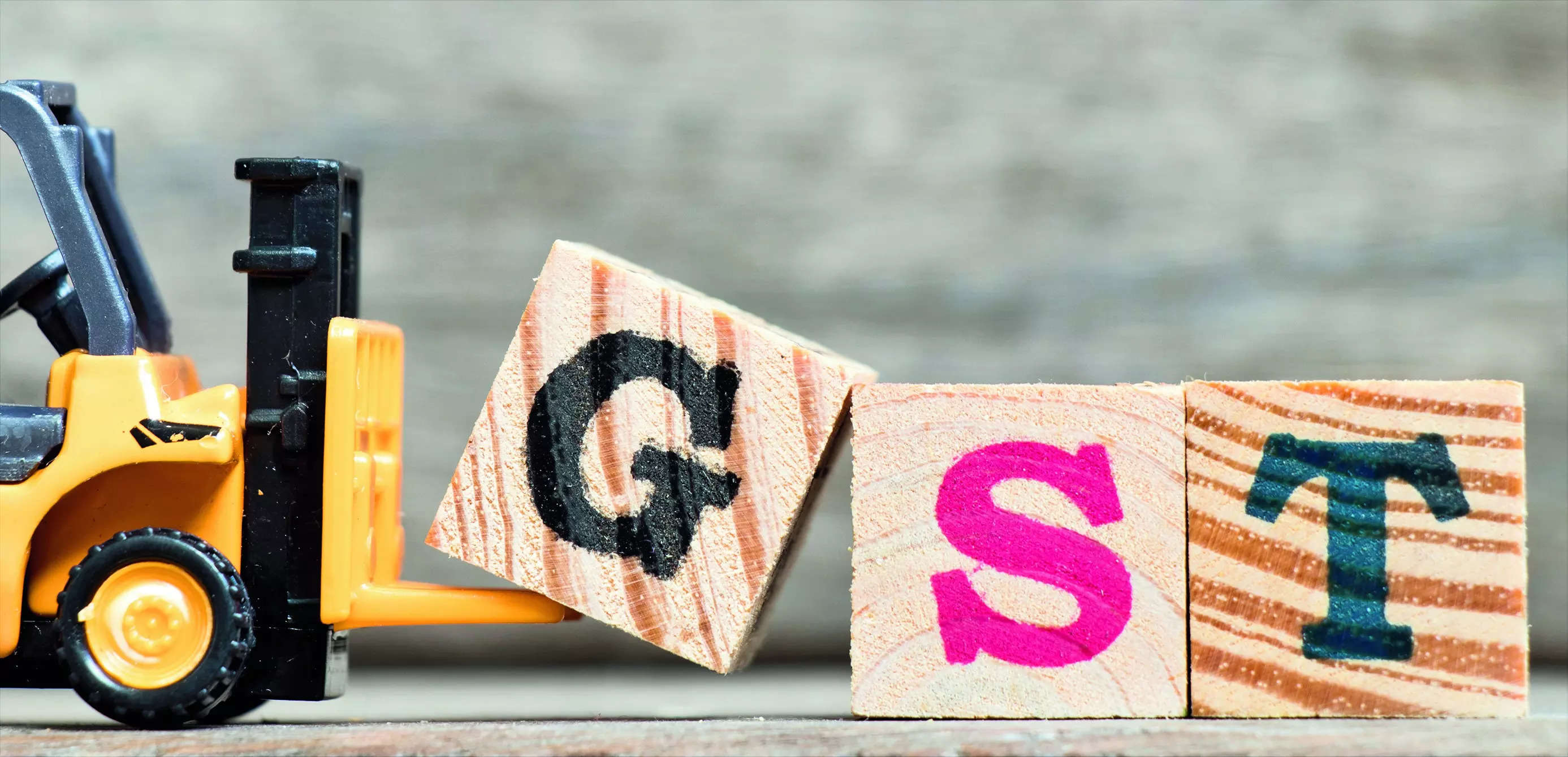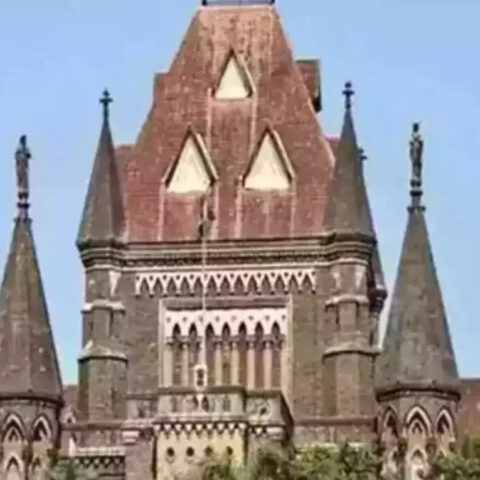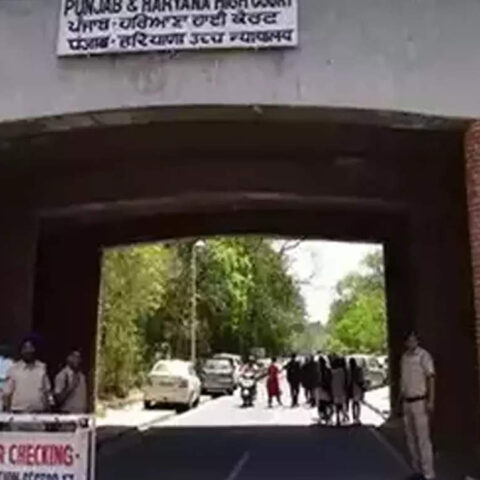
The Supreme Court of India has admitted a petition challenging imposition of the Goods & Services Tax (GST) on the transfer of development rights within joint development agreements between realty developers and landowners.
In this matter, the court has issued notices to the Union government, GST Council and Central Board of Indirect Taxes and Customs (CBIC) to file their replies to the special leave petition (SLP) filed by a property developer in Telangana.
The applicability of 18% GST is poised to impact real estate projects across all major property markets nationwide marking a pivotal shift in the cost dynamics of joint developments and redevelopment projects as well.
Prior to this, in February, the Telangana High Court had dismissed a legal challenge brought forth by the same developer, who then moved the apex court seeking relief.
While representing the developer, Abhishek A Rastogi, founder of legal firm Rastogi Chambers, argued that in this case of barter, the moot point is whether the ancillary and incidental right attached to the sale of land would be subject to the GST as the supply of the land is specifically excluded from the purview of the GST.
He argued further that the second leg of the barter transaction in the form of works contract services is already undisputedly subject to the tax and levy of GST on development rights would lead to double taxation.
The South India-based developer had filed a writ petition in 2020 following a GST notification in 2019 which provided for a point of taxation to impose tax on the transfer of development rights by the landowner to the realty developer. With this, the petition had stated that the authority had effectively intended to impose tax on a transaction akin to sale of the land.
Last year, real estate developers had approached the Ministry of Finance with their concerns over the impact of the GST being levied on rehabilitation apartments being built and given back, free of cost, to existing occupants as part of redevelopment projects.
The projects involving joint development and redevelopment play a crucial role in the functionality of most property markets, especially given the backdrop of escalating land prices and the dwindling availability of vacant land parcels in key urban centres.
The issue relates to the levy of 18% GST on the value of development rights that will make various projects across key markets including Mumbai, Pune, Bengaluru, Hyderabad, and Kolkata unfeasible for all stakeholders including landowners.
The outcome of this case is likely to change the landscape of property development impacting stakeholders and reshaping strategies within the real estate sector.









